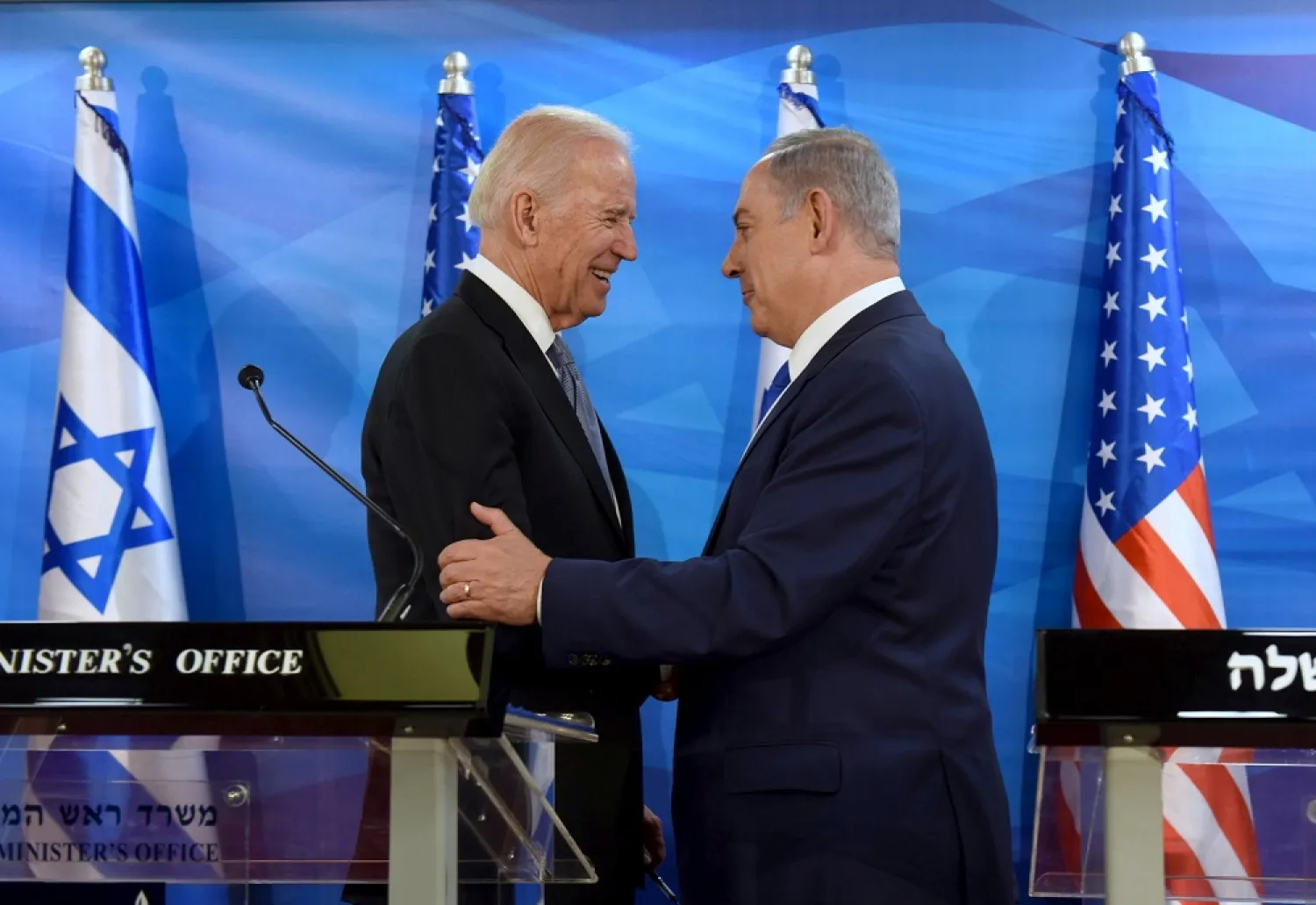Israeli army and intelligence top officials asked the government to seek the support of the US administration of President-elect, Joe Biden, to restore security coordination with the Palestinian Authority (PA), revealed security sources.
They said that top Israeli security officials want to resume the coordination with the Palestinians, in light of the damage the suspension caused to both sides.
In May, President Mahmoud Abbas ended the coordination with Israel after Prime Minister Benjamin Netanyahu announced his plans to annex 30 percent of the occupied West Bank.
The sources said the army and intelligence services had doubled their work since then, and that Palestinian officials and the general public were having issues with travel and transportation, which was raising public discontent.
Top Israeli security officials met to assess the situation after Biden’s election as president and its impact on security in the Middle East and Israel.
They believe the relations between the PA and the new US administration would resume, which could include the restoration of security coordination between the Preventive Security Service (PPS) and US intelligence - also suspended by Abbas.
They predicted that the resumption of relations would lead to restoration of US financial support to Palestine, stressing that they do not expect dramatic developments in political negotiations.
However, they do expect important developments, such as Abbas allowing the collection of Palestinian tax and customs, which Israel collects and the Authority refuses to receive according to Israeli conditions.
The officials believe that this will gradually contribute to stabilizing the economic and security situations.
Israel Hayom quoted a security source as saying that Israel is concerned about possible international pressure to make concessions to the Palestinians, which, if not made, could have a negative impact on its relations with Arab countries.
The report addressed the Iran, noting that officials are concerned that the Biden administration might bring back the nuclear deal. However, they said that if Trump had won a second term, he would have also moved towards a deal with Tehran.
Tel Aviv fears that the new administration might accept conditions similar to those included in the original agreement reached under former President Barack Obama.
They stated that an agreement with Iran on its nuclear program is not necessarily a negative approach, as long as it leads to a better deal curbing its missile program and role in the region.
They suggested that the government should take a positive approach towards the Biden administration in order to adopt the Israeli demands for these negotiations.
In its second half, the report focused on bilateral political, military and strategic relations with Washington.
It expressed Israeli confidence that the cooperation between US and Israeli security ministries, armies and intelligence services will not be affected by the change of administration in Washington.
The Biden administration will continue to maintain Israel's military superiority in the Middle East, and the annual US military aid, which was approved during Obama’s term at $3.8 billion per year.









